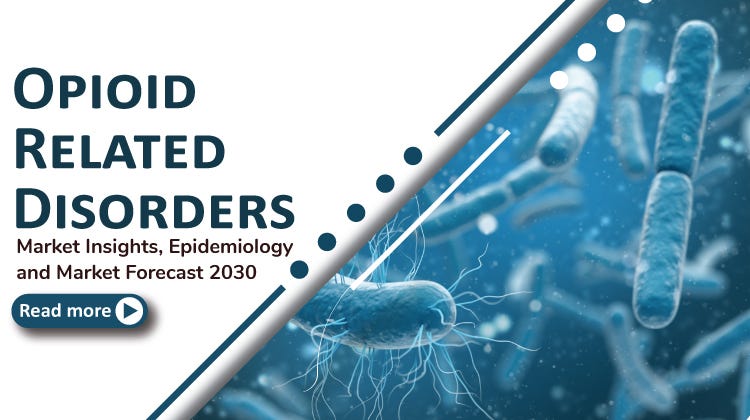
What is Opioid-related Disorders?
Opioid Use Disorder (OUD) is the chronic use of opioids that causes clinically significant distress or impairment. It is a lifelong disorder with serious potential consequences including disability, relapses, and death.
OUD is followed by overdose and the number of overdoses per year might be roughly proportional to the number of people who currently had an active OUD, but this number would not be proportional to the current inflow of new people developing OUD, which is what many interventions aimed at controlling the misuse of prescription opioids would affect most directly. Those interventions would not instantly change the prevalence of OUD and hence would generally not have an immediate effect on overdose.
Opioid use disorder includes dependence and addiction with addiction representing the most severe form of the disorder. The Diagnostic and Statistical Manual of Mental Disorders, Fifth Edition (DSM-5) considers opioid use disorder to be present if the pattern of use causes clinically significant impairment or distress as manifested by the presence of ≥ 2 of the following over a 12-month period.
The currently available medications improve retention in addiction treatment and OUD remission while reducing ongoing opioid use and adverse events more successfully than other treatments. Reducing stigma is necessary to help improve diagnosis and increase treatment for patients with OUD.
Extensive research and development activities of pharmaceutical companies for developing the therapies for Opioid Use Disorder will significantly impact the market.
Comments
Post a Comment